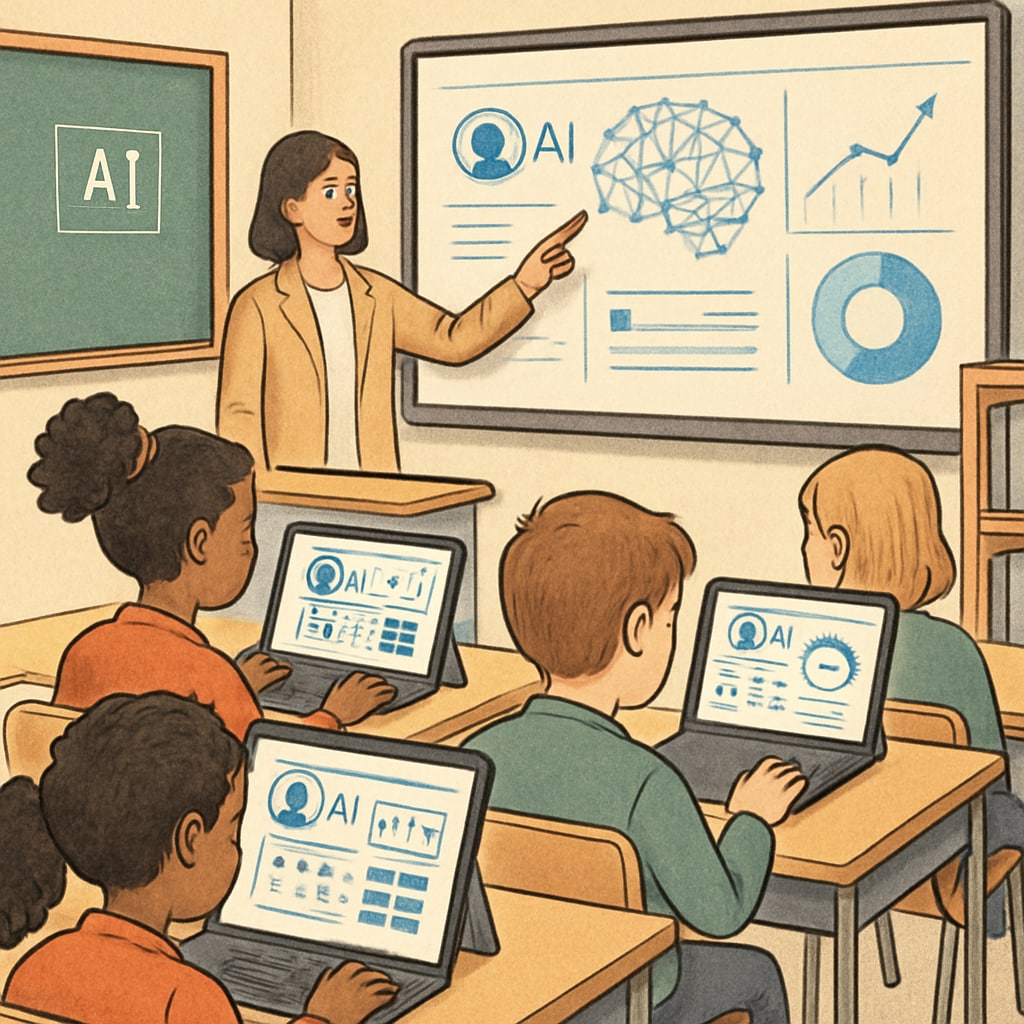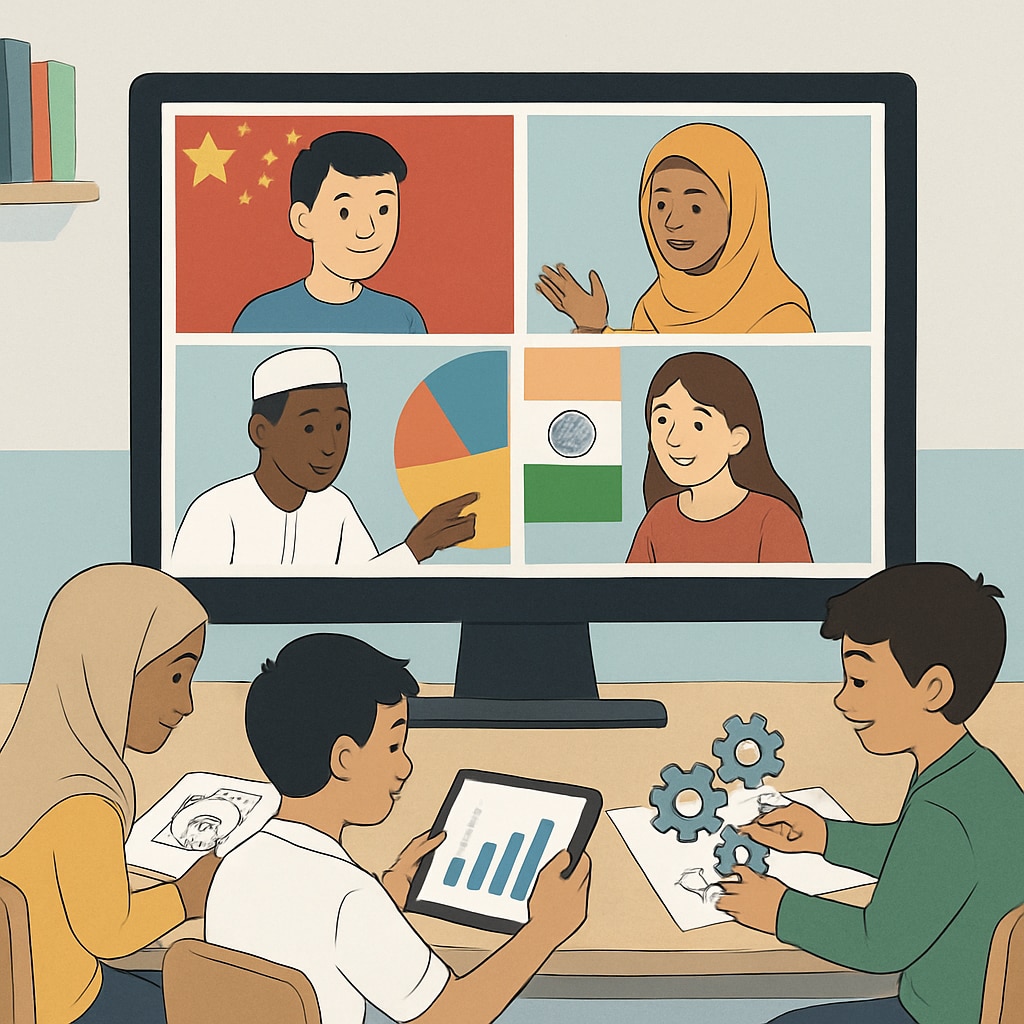By 2030, artificial intelligence (AI) is set to revolutionize K12 education, marking a significant shift in how students learn and educators teach. This transformation will be driven by advancements in personalized learning systems, enhanced global access to educational resources, and innovative tools designed to empower teachers and students alike. In this article, we explore the key trends shaping AI-driven education and the opportunities they present for creating a smarter, more inclusive learning ecosystem.
Personalized Learning: Tailored Experiences for Every Student
One of the most profound impacts of AI on education is its ability to deliver personalized learning experiences. AI algorithms can analyze student performance, identify strengths and weaknesses, and adapt teaching methods accordingly. For example, AI-powered platforms like Khan Academy already leverage data analytics to create customized lesson plans. By 2030, these systems will likely evolve into fully immersive learning environments, where students can progress at their own pace and explore subjects based on their interests.
Moreover, AI can assist educators in identifying students who may need additional support, enabling timely interventions. This level of personalization not only boosts academic outcomes but also fosters greater engagement and confidence among learners.

Global Resource Sharing: Breaking Down Educational Barriers
AI is also facilitating unprecedented access to global educational resources. By leveraging advanced language processing tools like ChatGPT, students and educators can access multilingual content, collaborate with peers worldwide, and gain exposure to diverse perspectives. This global approach ensures that high-quality education is no longer limited by geography or socioeconomic status.
Imagine a scenario where a student in a remote village can participate in virtual classes led by experts from top universities. Such initiatives are already emerging, and by 2030, they will become commonplace. This democratization of education paves the way for a more equitable and inclusive learning environment.

Empowering Educators: Tools for Smarter Teaching
AI isn’t just transforming student experiences; it’s also reshaping the role of educators. Teachers will have access to AI-driven tools for grading, lesson planning, and performance tracking, freeing up valuable time for creative and interpersonal aspects of teaching. For instance, AI can automate repetitive tasks like marking assignments, allowing educators to focus on mentoring and fostering critical thinking skills.
Additionally, professional development opportunities will expand as educators use AI to analyze their teaching methods and receive tailored feedback. These innovations will help teachers stay ahead in a rapidly evolving educational landscape.
However, the shift to AI-driven education raises questions about data privacy and ethical considerations. It is crucial for policymakers and educators to establish frameworks that ensure responsible use of AI while maximizing its benefits for learning.
Challenges and Opportunities in the AI Education Revolution
While the integration of AI into K12 education offers immense potential, it is not without challenges. Concerns about data security, algorithm bias, and the digital divide must be addressed to ensure equitable access and fair outcomes for all students. Educators and policymakers will need to collaborate closely to develop ethical guidelines and training programs that prepare schools for this transformation.
On the flip side, the opportunities are vast. AI has the power to bridge gaps in education, making quality learning accessible to underserved communities. It can also inspire a new generation of students equipped with the skills needed to thrive in an AI-driven world.
In conclusion, as we approach 2030, artificial intelligence will become a cornerstone of K12 education, driving trends like personalized learning, global resource sharing, and enhanced teaching tools. By embracing these innovations responsibly, educators and students can unlock the full potential of AI, creating a smarter, more connected educational ecosystem for the future.


